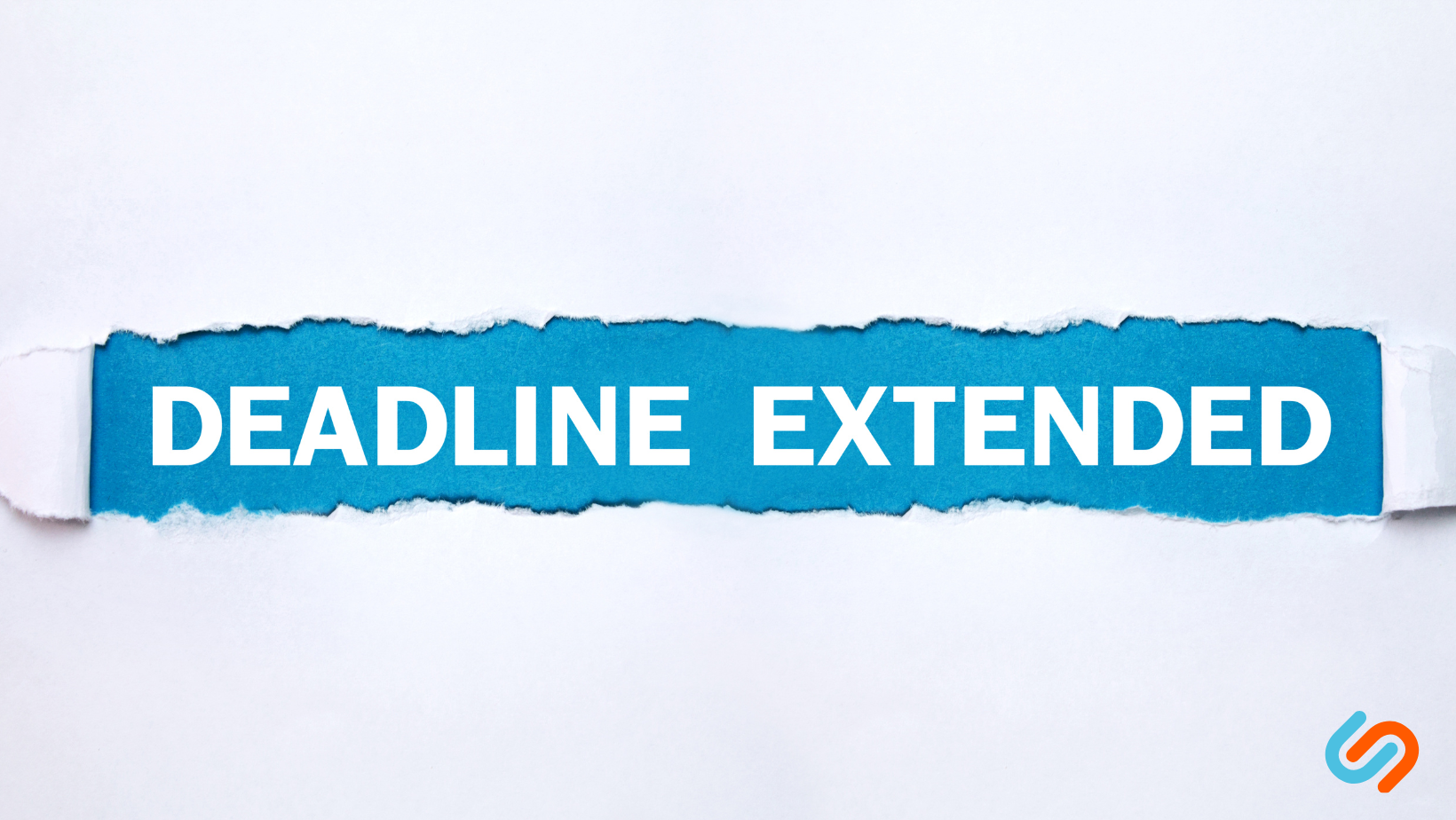In a recent announcement, the Internal Revenue Service (IRS) has extended tax relief to individuals and businesses in parts of Connecticut that were severely impacted by storms, flooding, and the threat of a dam breach starting from January 10. Taxpayers in these affected areas, including New London County, Mohegan Tribal Nation, and Mashantucket Pequot Tribal Nation, now have until June 17, 2024, to file various federal individual and business tax returns and make tax payments.
The IRS is extending this relief to any area designated by the Federal Emergency Management Agency (FEMA), with the list of eligible localities continuously updated on the IRS disaster relief page on IRS.gov.
The relief includes postponing various tax filing and payment deadlines between January 10, 2024, and June 17, 2024. Affected individuals and businesses have until June 17 to file returns and pay any taxes originally due during this period. This encompasses individual income tax returns, contributions to IRAs and health savings accounts, quarterly estimated income tax payments, payroll and excise tax returns, and other deadlines.
Penalties for failing to make payroll and excise tax deposits from January 10, 2024, to January 25, 2024, will be abated if deposits are made by January 25, 2024.
The IRS will automatically provide filing and penalty relief to taxpayers with an IRS address of record in the disaster area, eliminating the need for them to contact the agency.
In cases where an affected taxpayer does not have an IRS address of record in the disaster area, such as those who moved to the area after filing their return, they may receive penalty notices. In such unique circumstances, affected taxpayers should call the number on the notice to have the penalty abated.
The IRS will also work with taxpayers living outside the disaster area but with records necessary to meet a deadline in the affected area. These taxpayers should contact the IRS at 866-562-5227.
For those needing an additional tax-filing extension beyond June 17, the IRS encourages requesting it electronically by April 15. Although a disaster-area taxpayer can request an extension between April 15 and June 17, the request can only be submitted on paper. The filing deadline is extended to October 15, 2024, but payments are still due June 17.
Individuals and businesses in federally declared disaster areas with uninsured or unreimbursed disaster-related losses can claim them on either the return for the year the loss occurred (2024) or the prior year (2023). Taxpayers have extra time – up to six months after the due date of the taxpayer’s federal income tax return for the disaster year – to make the election.
Qualified disaster relief payments are generally excluded from gross income, providing affected taxpayers relief for personal, family, living, or funeral expenses and home repair or rehabilitation.
Additional relief may be available to affected taxpayers participating in a retirement plan or individual retirement arrangement (IRA), such as a particular disaster distribution not subject to the additional 10% early distribution tax.
This tax relief is part of a coordinated federal response to the storm damage based on local assessments by FEMA. For more information on disaster recovery, taxpayers can visit disasterassistance.gov. The IRS may provide further disaster relief in the future.
Source (IRS News).



